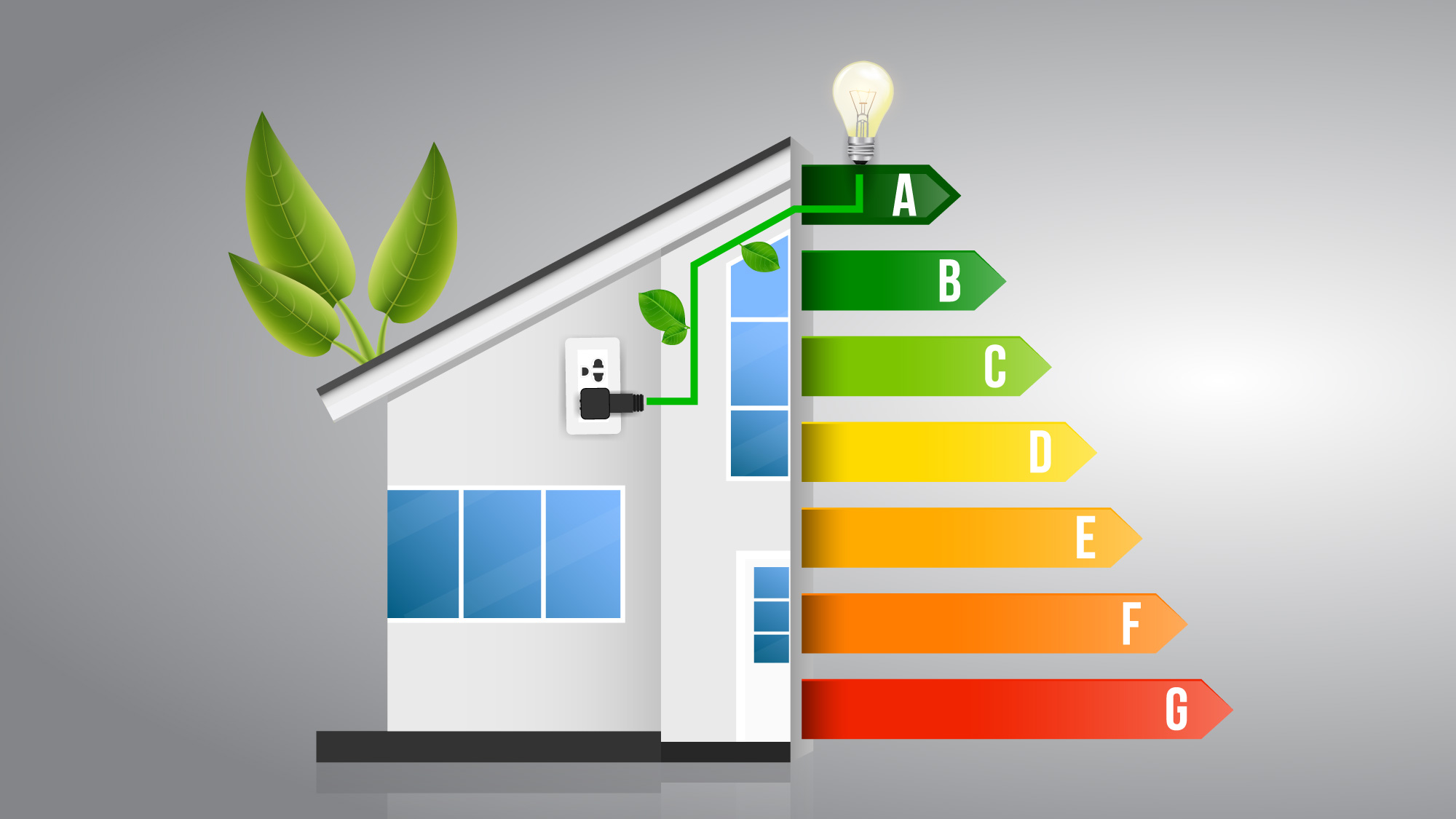Introduction
Energy efficiency is a key concern for homeowners and builders alike. Not only does it help to reduce our carbon footprint, but it also leads to significant savings on energy bills. One of the most effective ways to increase a home's energy efficiency is through loft insulation. But how exactly does loft insulation contribute to energy efficiency? This guide aims to shed light on this question.

Understanding Loft Insulation
Before we delve into how loft insulation increases energy efficiency, it's important to understand what it is. Loft insulation is a material that is placed in the loft or attic of a home to slow down the transfer of heat between the inside and outside of the house. It works by trapping pockets of air within its structure, reducing the rate of heat conduction and helping to maintain a consistent temperature within the home.
How Loft Insulation Increases Energy Efficiency
Loft insulation contributes to energy efficiency in several ways:
-
Reducing Heat Loss: A significant amount of heat in a home is lost through the roof. Loft insulation acts as a barrier, slowing down the transfer of heat and helping to keep the warmth inside the home during the colder months.
-
Lowering Energy Consumption: By reducing heat loss, loft insulation reduces the need for heating systems to work as hard to maintain a comfortable temperature. This leads to lower energy consumption and, consequently, lower energy bills.
-
Minimising Carbon Footprint: By reducing the amount of energy needed to heat a home, loft insulation also helps to reduce the home's carbon footprint. This is because most forms of energy production involve the release of carbon dioxide, a greenhouse gas that contributes to climate change.
-
Maintaining Comfortable Temperatures: Loft insulation doesn't just keep heat in during the winter; it also helps to keep heat out during the summer. This means that the home remains at a more consistent and comfortable temperature year-round, reducing the need for heating in winter and cooling in summer.
Conclusion
Loft insulation is a crucial component in creating an energy-efficient home. It works by reducing heat loss, lowering energy consumption, minimising the home's carbon footprint, and maintaining comfortable temperatures year-round. By understanding how loft insulation contributes to energy efficiency, homeowners can make informed decisions about insulation and enjoy the benefits it brings.
Also Read:
- Where to find cheap loft insulation
- Unravelling the Different Types of Loft Insulation: A Comprehensive Guide
- Insulation Rolls 101: Everything You Need to Know

